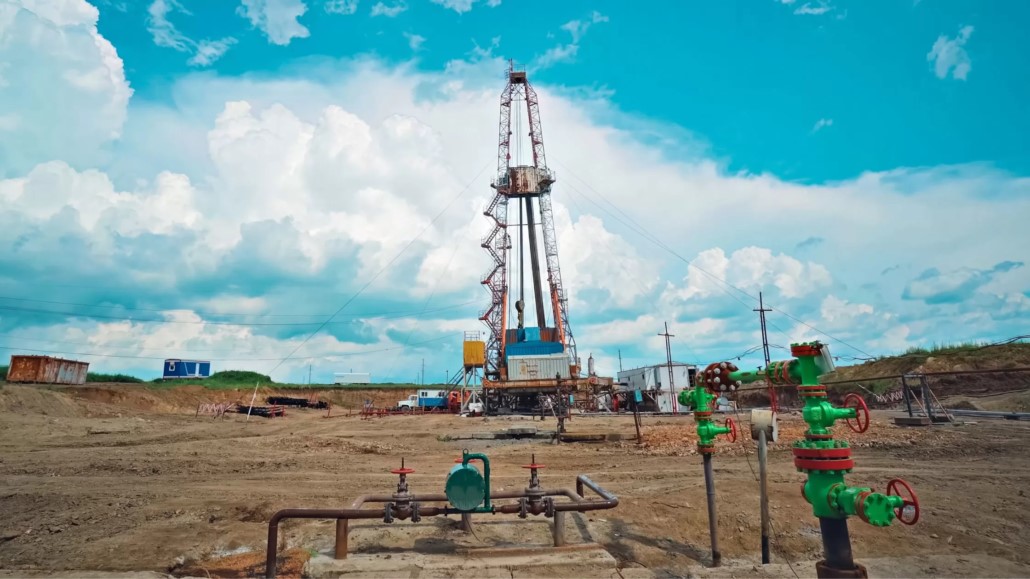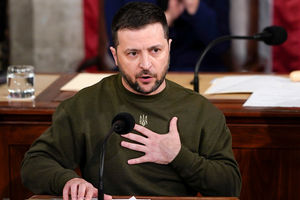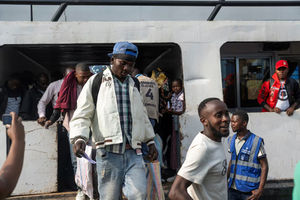What to expect from Samia’s Indonesia visit

What you need to know:
- This is a reciprocal visit by the Tanzanian leader there after a state visit to Tanzania by President Joko Widodo of Indonesia in August last year.
Arusha. When President Samia Suluhu Hassan lands in Jakarta today to begin a state visit to Indonesia, she will be amused to find a welcoming host.
The Southeast Asian state has been yearning for closer economic ties with Tanzania for years, especially in the energy, agriculture and blue economy sectors.
This is a reciprocal visit by the Tanzanian leader there after a state visit to Tanzania by President Joko Widodo of Indonesia in August last year.
The two countries signed seven Memoranda of Understanding (MoUs) spanning defence, health, tourism, minerals, fisheries, livestock, agriculture and energy.
Both nations have agreed to establish a Joint Permanent Commission to facilitate ongoing communication and cooperation across various sectors.
Discussions by the two leaders and their senior officials centred on key areas deemed key for enhanced trade, investment and diplomatic ties.
They included a visa waiver programme for holders of Diplomatic Passports from both states aimed to streamline travel and facilitate diplomatic engagements.
Plans for the establishment of a pharmaceutical and medical equipment manufacturing facility in Tanzania were also discussed.
These underscored Indonesia’s commitment to supporting Tanzania’s healthcare infrastructure, which is without a fully operational pharmaceutical sector.
President Widodo said, “Indonesia will continue to collaborate with Tanzania across various sectors, especially in healthcare.
“We intend to establish a pharmaceutical and medical equipment manufacturing facility in Tanzania for the benefit of both nations.”
Tanzania also expressed its desire to tap into Indonesia’s expertise that would potentially benefit the country’s energy infrastructure, minerals and blue economy.
Indonesia pledged to enhance the Farmers’ Training Centre (FARTC) in Mkindo, Morogoro, to empower local farmers with modern agricultural practices.
The fact that President Hassan’s delegation will include at least 100 business people, is enough indication of the nature of the bilateral talks with her host.
According to the Foreign Affairs and East African Cooperation minister January Makamba, the talks would centre on agriculture, trade, investment and education.
Several agreements will be signed including one between Tanzania Trade Development Authority (Tantrade) and its Indonesian counterpart.
Another key agreement will be signed by the two countries on trade, investment, the blue economy and agriculture, among other areas, he said.
The visit by President Hassan is intended to boost not only the investment ties between Indonesia and Tanzania but also trade whose volumes have lately dropped.
The not-so-rosy picture was revealed by Indonesian ambassador to Tanzania Tri Yogo Jatmiko when he spoke to Tanzanian media and business sector teams which visited Jakarta last October.
He said although Tanzania has a potential to produce export crops in high demand in his country of 280 million people, the volumes have not been low.
Commodities crops from Tanzania with a huge market in his country include coffee, tea, cocoa, cashewnuts, tobacco, palm oil and value-added (processed) cloves.
The envoy proposed ways that can halt the falling volumes and value of traded goods with Tanzania and restore the trade levels of the two countries.
To penetrate his country’s market, producers and exporters from Tanzania should be encouraged to add value to their agricultural products to his country, now emerging as an economic giant in the Far East.
“Tanzania’s products must have the quality to enter our market so that we can import more from Tanzania,” he insisted as he hosted members of the trip which participated in the 38th Trade Expo Indonesia.
According to the envoy, the value of traded goods between Indonesia and Tanzania have sharply declined in the past two years from $420 million (combined exports and imports of both sides) in 2021 to $360 million in 2022.
In both years, exports from Tanzania amounted to between $50 million and $60 million.
As if that was not enough, Mr Jatmiko said forecast for last year (2023) was that trade between his country and Tanzania will further decrease.
He reiterated his country’s readiness to support Tanzania with modern technologies to boost the production of palm oil and clove for which his country is the top global importer.
Indonesia has in recent years expressed interest to empower state owned entities in Tanzania in power generation and mineral exploration projects.



